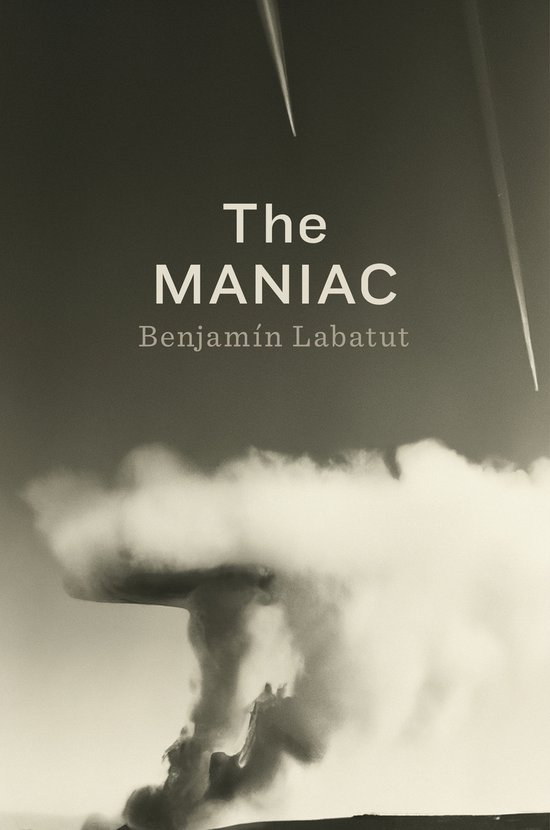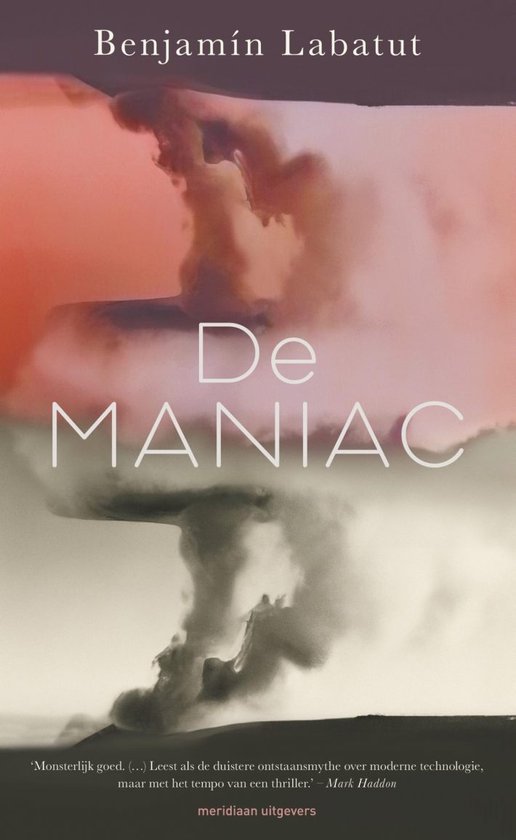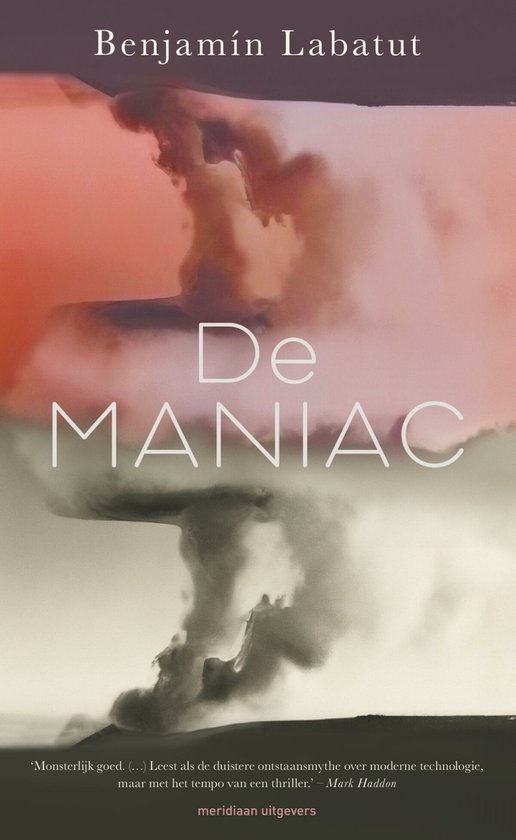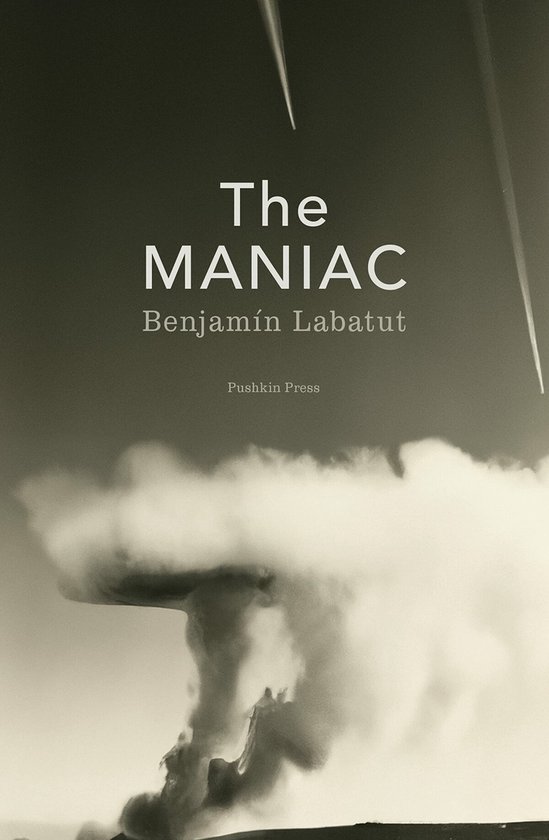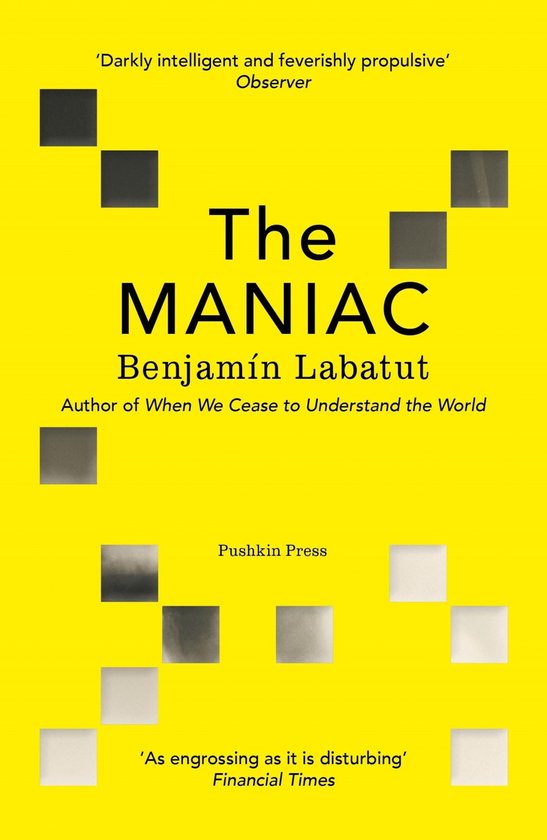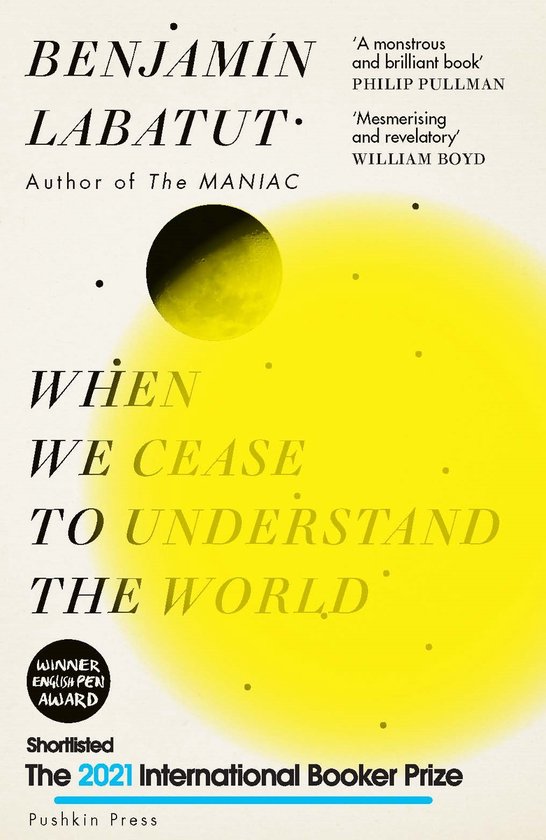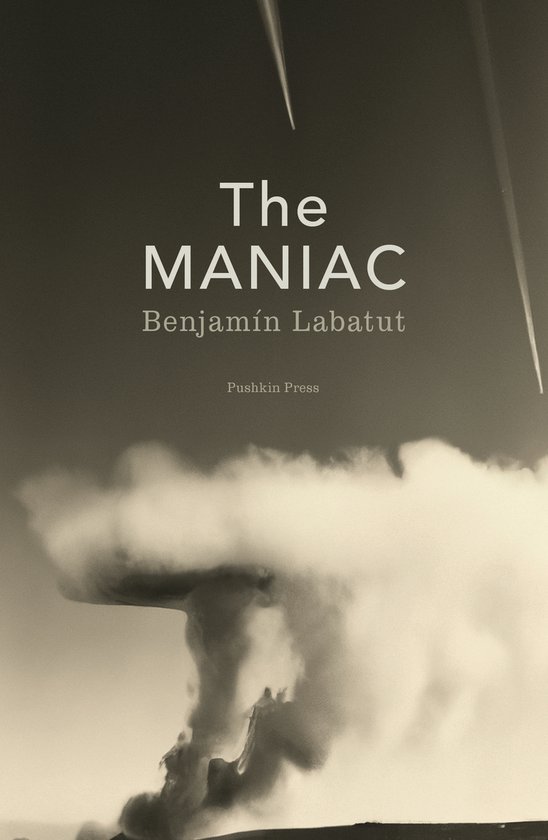
The MANIAC
From the author of When We Cease to Understand the World: a dazzling, kaleidoscopic book about the destructive chaos lurking in the history of computing and AI
'Monstrously good... Reads like a dark foundation myth about modern technology but told with the pace of a thriller' Mark Haddon
John von Neumann was a titan of science. A Hungarian wunderkind who revolutionized every field he touched, his mathematical powers were so exceptional that Hans Bethe - a Nobel Prize-winning physicist - thought he might represent the next step in human evolution.
After seeking the foundations of mathematics during his youth in Germany, von Neumann emigrated to the United States, where he became entangled in the power games of the Cold War; he designed the world's first programmable computer, invented game theory, pioneered AI and digital life, and helped create the atomic bombs that destroyed Hiroshima and Nagasaki. He was the darling of the military industrial complex, but when illness unmoored his mind, his work pushed further into areas beyond human comprehension and control.
The MANIAC places von Neumann at the center of a literary triptych about the dark foundations of our modern world and the nascent era of AI. It begins with Paul Ehrenfest, an Austrian physicist and close friend of Einstein, who fell into despair when he saw science and technology become tyrannical forces; it ends a hundred years later, in the showdown between the South Korean Go Master, Lee Sedol, and the AI program AlphaGo.
Braiding fact with fiction, Benjamín Labatut takes us on a journey to the frontiers of rational thought, where invention outpaces human understanding and offers godlike power, but takes us to the brink of Armageddon.
| Auteur | | Benjamín Labatut |
| Taal | | Engels |
| Type | | Hardcover |
| Categorie | | Taal |
